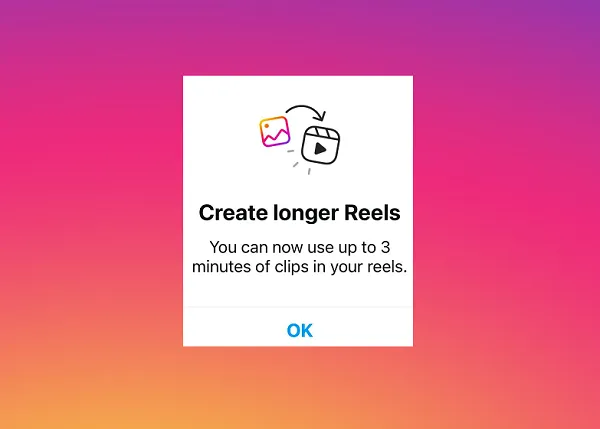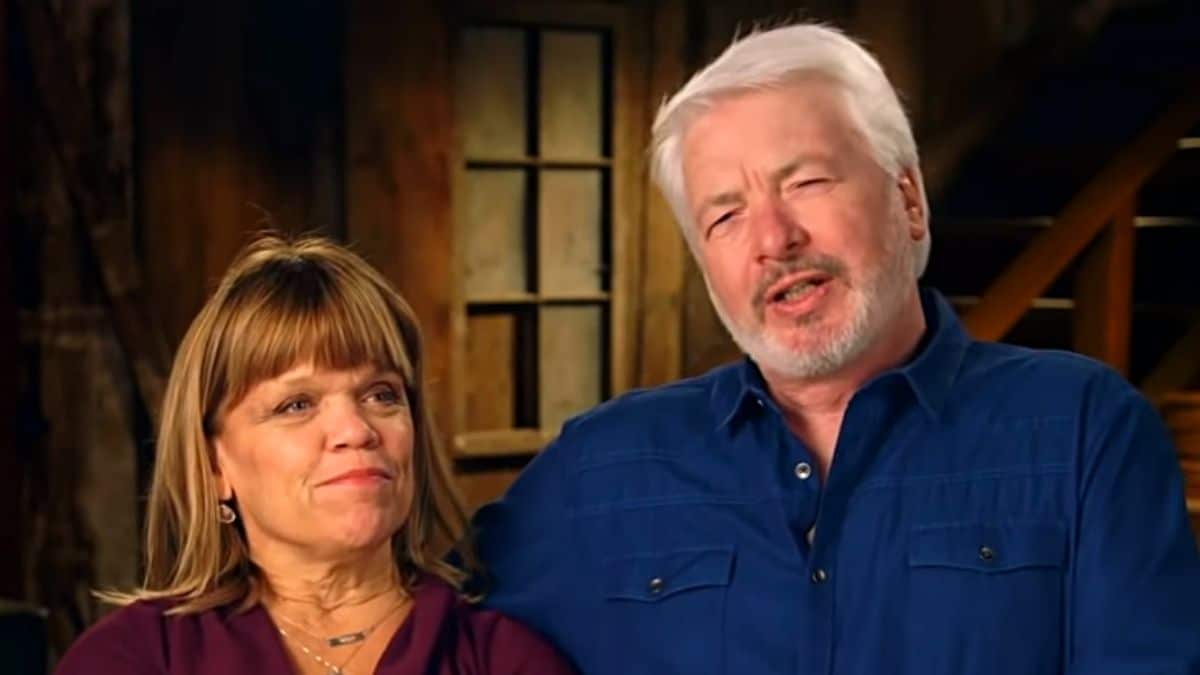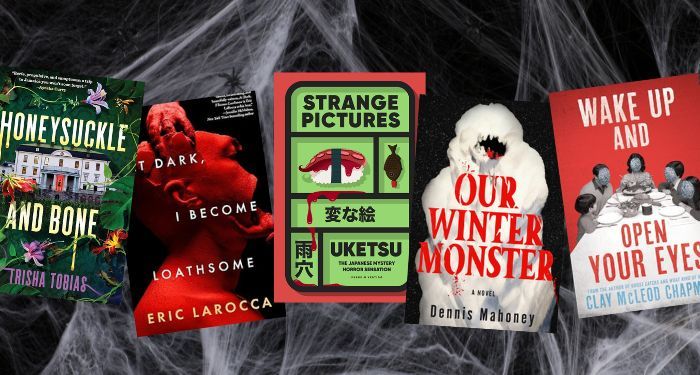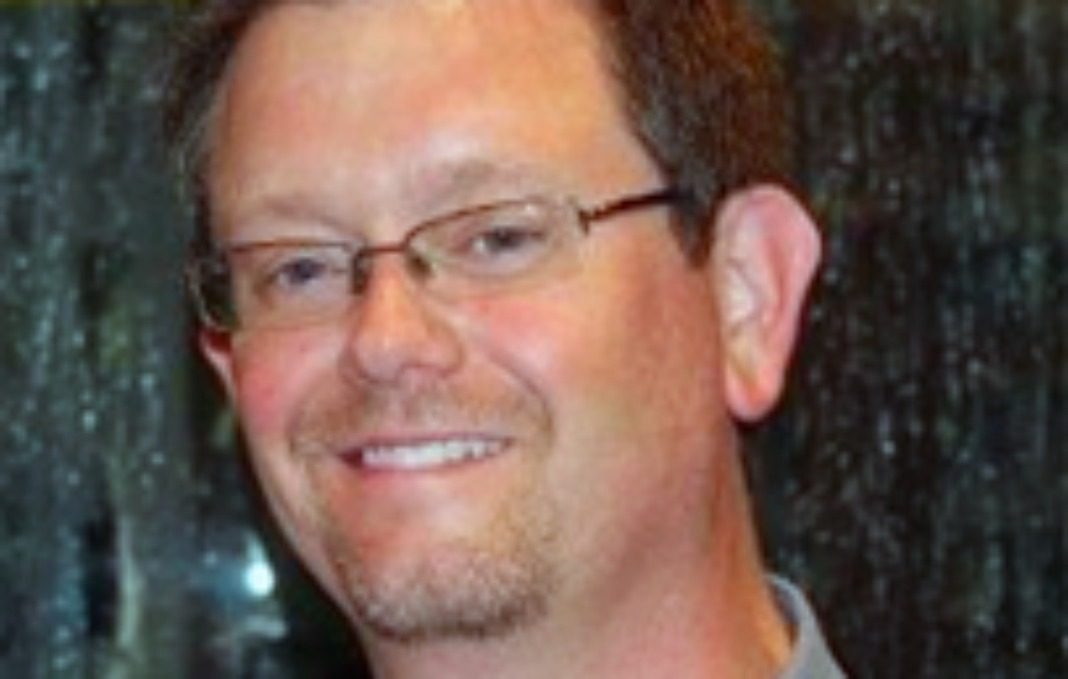Physical or sexual abuse is sadly common. The worst scenario is when the victims are kids. Their souls are traumatized for a long period of time, if not forever, and getting over such an experience is not easy. We often say that people are scared but what scares them, in particular, is not an abstract idea.
There are specific things humans want to avoid because they cause them to fear, and we will talk about all of them.
- They do not expect it to happen again.
It is not uncommon that the abuser will be hesitant at first. The kid might reach the conclusion that just because something happened once does not mean that it will happen again. Of course, the abusers are more careful at the beginning. They want to see how the kid will react and if other people will become suspicious. This gives them time to plan their next attack. In the meanwhile, the child may be misled and believe they will not experience the nightmare repeatedly. However, this is a trap because once it starts, it will never stop unless drastic changes occur by the child. - They think no one will believe them.
Kids may also think that no one will believe them even if they speak up. They know they have no proof of the incident, and they are not smart enough to make a plan that will expose the abuser. Some kids literally do not have anyone to talk to. Abusers are more likely to approach these kids exactly because they will have no one to defend them. At the same time, even kids who are surrounded by people with awareness will have difficulties talking. Since they have never seen this happening ever again, they find it reasonable that no one will believe their version of the story. This is why people should be informed about these matters and be encouraged to speak. - They have been threatened.
One of the most common reasons why kids prefer to keep their mouths shut is because they are afraid, actually, they are scared to death. For all they know, they have not done anything terrible to cause this bad behavior from the adult, and yet he or she is being abusive. The logical conclusion is that if they do something to make them angry, they will become more dangerous and violent against them, so being silent seems like the best option. - They are not sure what happened.
Abuse is often presented as something completely normal to the kids who are victims of it. The person who mistreats them will not proceed with any threats if they can convince kids that there is nothing to talk about. The idea is that this will be just a little innocent secret. Children are familiar with the concept of secrecy, and unless a responsible adult has already informed them about what they should look after, it is quite possible that they may not even understand that what is happening is wrong. They may call it unpleasant, but they do not have the right criteria to characterize it as unacceptable behavior. - They think it is their fault.
A general sense of guilt usually accompanies these phenomena, and the abusers will do anything to encourage kids to feel that way. They may tell them that what is happening to them is because they have been bad, and the only one to blame is themselves. Kids understand that something is bad, and they will try to figure out who’s fault this is. With the abuser’s guidance, they will end up blaming themselves, and this is the moment when the game is completely lost for them. - They do not want the abuser to be punished.
Unfortunately, in some cases, the abuser comes from a close environment. It can be a sibling and maybe one of the parents. For these kids, that person is not just an abuser but is also their parent. They have mixed emotions about the abuser, and they do not want to see him being punished. For that reason, they prefer to keep the secret to themselves in order to protect the adult that hurt them.
Track Latest News Live on CEOWORLD magazine and get news updates from the United States and around the world.
The views expressed are those of the author and are not necessarily those of the CEOWORLD magazine.
Follow CEOWORLD magazine headlines on Google News, Twitter, and Facebook. For media queries, please contact:
info@ceoworld.biz







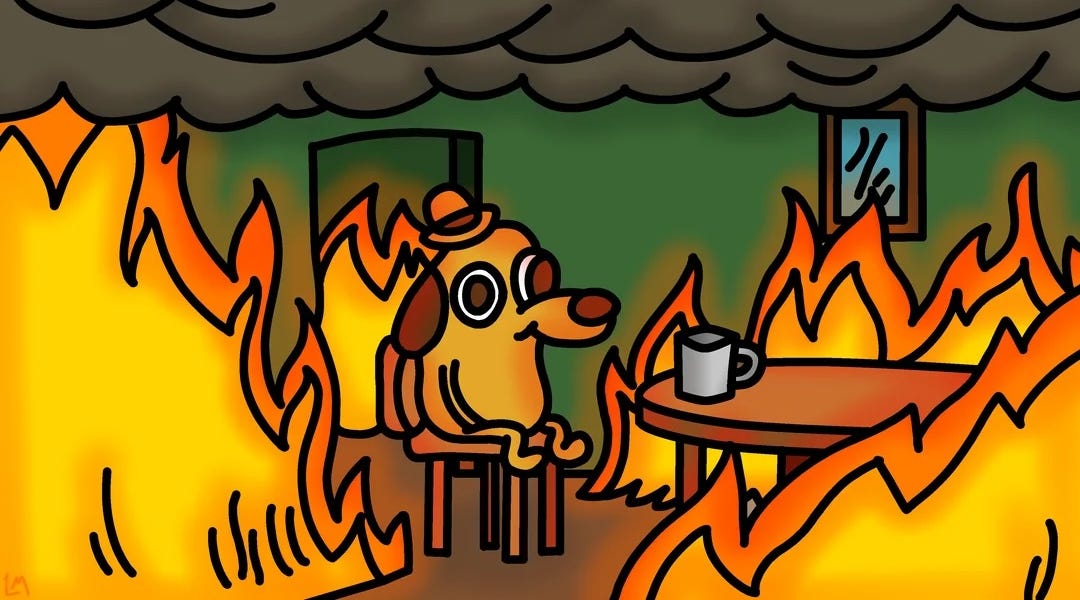
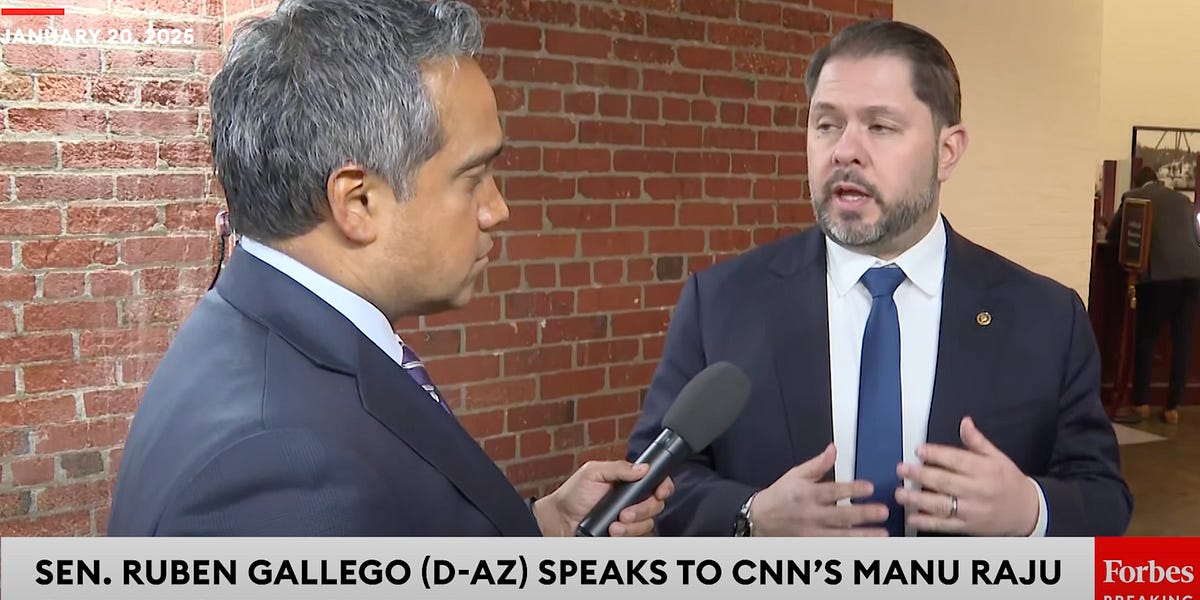










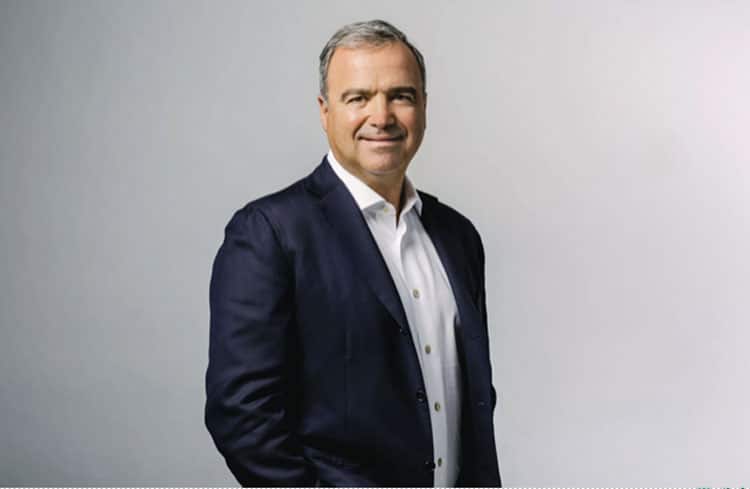








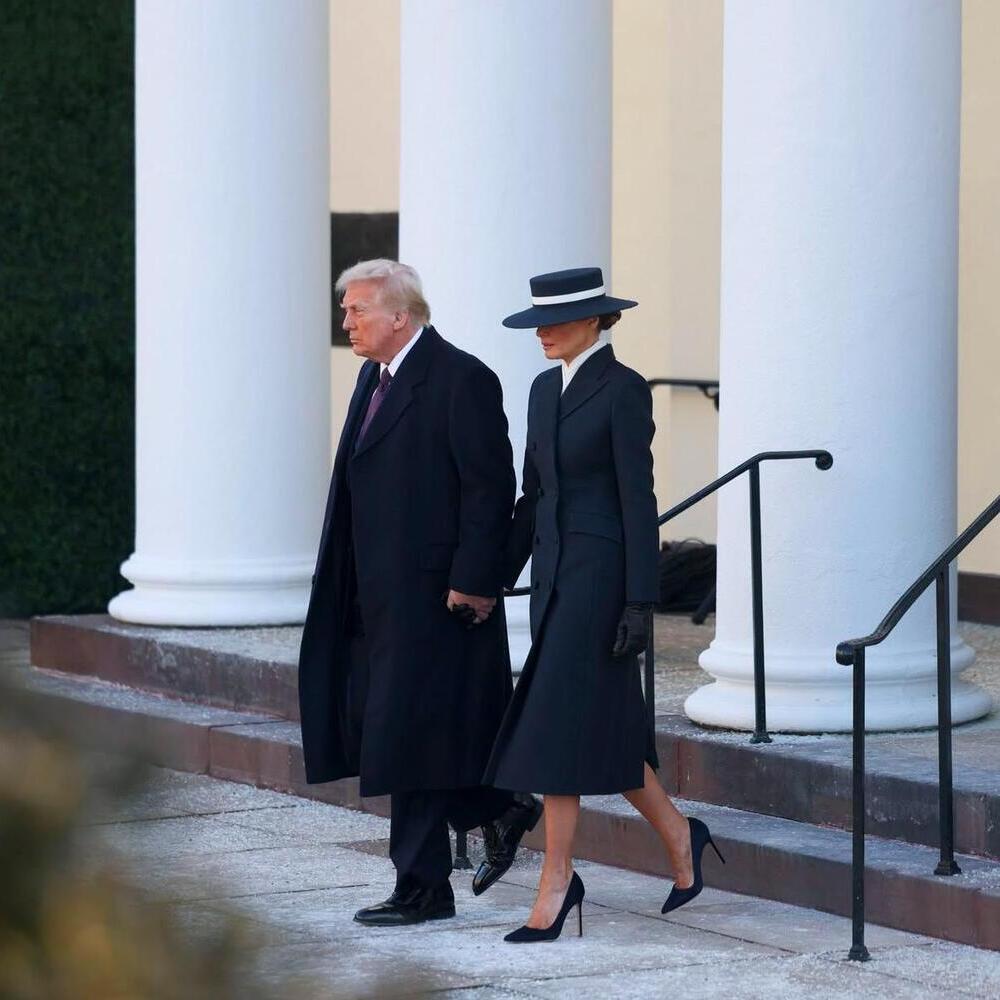
















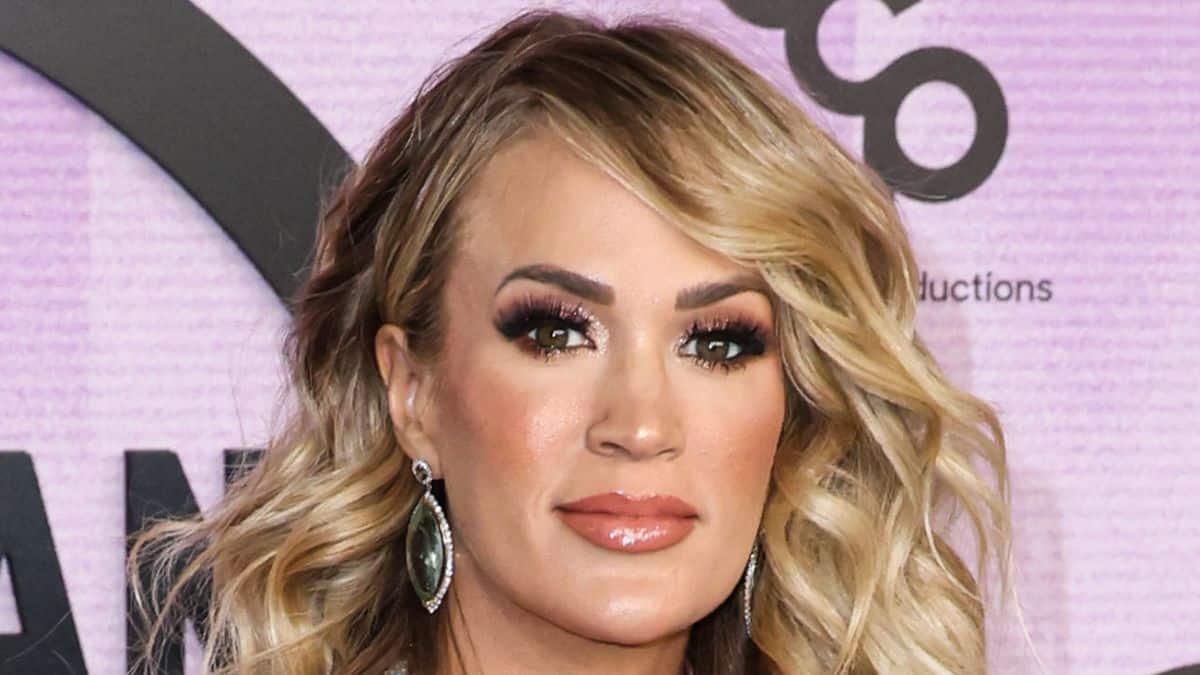









![LinkedIn Provides Thought Leadership Tips [Infographic] LinkedIn Provides Thought Leadership Tips [Infographic]](https://imgproxy.divecdn.com/sGPjK1VM5eAOI_l-OTkmJTV2S8dHIfUwFmDwPWjhfjg/g:ce/rs:fit:770:435/Z3M6Ly9kaXZlc2l0ZS1zdG9yYWdlL2RpdmVpbWFnZS9saW5rZWRpbl90aG91Z2h0X2xlYWRlcnNoaXBfaW5mbzIucG5n.webp)



